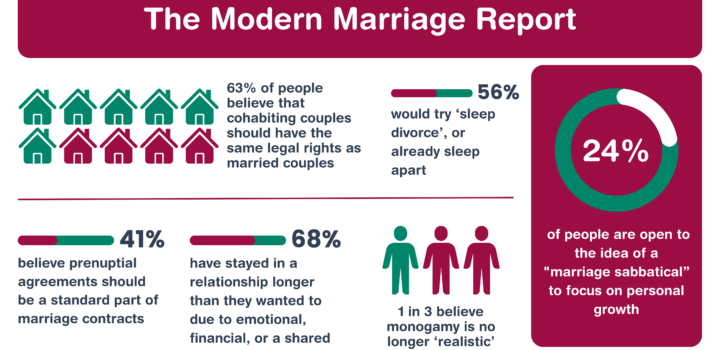When a married couple decides to permanently separate, a divorce is usually the most appropriate legal action. A final divorce order will bring a marriage to an end. However, divorce proceedings do not deal with the married couple’s finances. This is when finance proceedings, sometimes referred to as ancillary relief proceedings, may be required.
What does ancillary relief mean?
As set out above, ancillary relief is another term for finance proceedings. The word ‘ancillary’ means secondary or supplementary. Ancillary relief proceedings are secondary and supplementary to primary proceedings such as divorce proceedings, as mentioned above, or legal separation proceedings, annulment proceedings etc.
What is ancillary relief in divorce?
Ancillary relief in divorce refers to financial proceedings or orders that can be sought following the start of divorce proceedings.
Married couples may have assets they acquired separately or together either during the marriage, before the marriage or after separation. Assets may be held in one spouse’s name or held jointly between them. In most married couples the largest asset is usually the family home. However, this is not always the case. One spouse may have a high value pension, or business assets or interests, shares or other investments.
Both spouses may be earning similar incomes, or one spouse may be earning significantly more. The other spouse may be focusing on caring for any children and/or the home. The stay-at-home spouse may be left with a low income, or no income at all following divorce proceedings following separation.
Ancillary relief is the process of ‘detangling’ and splitting the parties’ assets and income.
What financial orders can the court make during ancillary relief proceedings?
The starting point of the court is to add all assets held by either party, or both parties into one theoretical ‘matrimonial pot’ and split these between the parties on a 50:50 basis.
However, the court can depart from the 50:50 starting point depending on a number of factors including children, housing needs, income needs, financial resources, contributions etc.
The court can make a range of different orders in respect of any of the assets or income of either of the people going through a divorce.
A few examples of the most common types of orders are as follows:
- An order for the family home to be sold and net sale proceeds be shared in accordance with a pre-agreed percentage
- Other property being sold or transferred into one spouse’s name
- A pension sharing order (more common in longer marriages)
- Periodical payments or spousal maintenance – a sum that one spouse must pay to the other spouse for a particular period of time
How do you apply for ancillary relief?
Before applying for a financial order, you will usually need to show the court you have attended a MIAM. This stands for Mediation Information Assessment Meeting. This is a meeting with a mediator in which they assess whether mediation is suitable for you both and if so, to let you know how mediation works and ask you whether you wish to participate.
After you have attended a MIAM, you can start ancillary relief/finance proceedings by completing and filing a form A at court. You will also usually need to pay a court fee. At present time, this fee is £275.
How long does ancillary relief take?
Proceedings can take around a year or longer. There are usually three hearings: a first appointment hearing, a financial dispute resolution hearing and a final hearing.
It’s our firm’s aim to try and resolve matters either without contested court proceedings or as early in court proceedings as possible by way of negotiations or other dispute resolution methods to save you time and money.
If at any time an agreement is reached, this can be incorporated into a consent order and sealed by the court.
Rayden Solicitors family law experts deal exclusively with family law which means we’re constantly instructed by clients in divorce and ancillary relief matters. If you require any assistance with these proceedings, please do not hesitate to contact us.
















